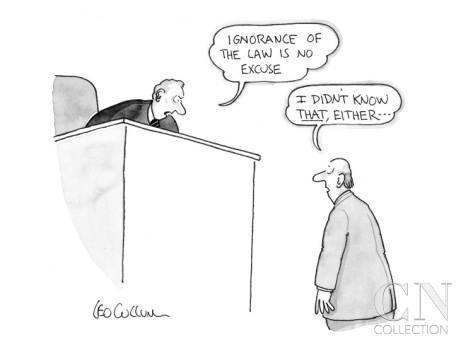Epistemology concerns what we should believe. Ethics concerns what we should do. Much recent work in the two fields emphasizes their similarities—their shared concern with oughts, normativity, and how things should be in some broad sense—over their differences. An increasingly influential argumentative strategy in the spirit of this broader trend is to argue that the distinction between justifications and excuses—familiar in ethics and the philosophy of law—can be exported to epistemology, where it can do substantial philosophical work. Timothy Williamson, Clayton Littlejohn, Amia Srinivasan, John Hawthorne, Jason Stanley, and others have all argued, in one form or another, that many mistakes in epistemology are the consequence of conflating the distinction between justified belief on the one hand, and merely excusable or blameless belief on the other.
Ultimately, I suspect that this move is too quick—the justification/excuse distinction cannot be straightforwardly or uncritically adopted by epistemologists. But vindicating this suspicion is a major task. My argumentative strategy will involve paying close attention to the roles the excuse/justification distinction plays in the law, and arguing that there aren’t analogous roles to be played by a similar distinction in epistemology. Stepping back, my broader hope is to sound a cautionary note about drawing parallels between practical and epistemic normativity. Concepts and distinctions that have application in the former domain don't 'automatically' have application in the latter, and when they do, it takes theoretical work to show this.
Ultimately, I suspect that this move is too quick—the justification/excuse distinction cannot be straightforwardly or uncritically adopted by epistemologists. But vindicating this suspicion is a major task. My argumentative strategy will involve paying close attention to the roles the excuse/justification distinction plays in the law, and arguing that there aren’t analogous roles to be played by a similar distinction in epistemology. Stepping back, my broader hope is to sound a cautionary note about drawing parallels between practical and epistemic normativity. Concepts and distinctions that have application in the former domain don't 'automatically' have application in the latter, and when they do, it takes theoretical work to show this.
| Building: | Angell Hall |
|---|---|
| Event Type: | Lecture / Discussion |
| Tags: | colloquium, Philosophy |
| Source: | Happening @ Michigan from Department of Philosophy |


